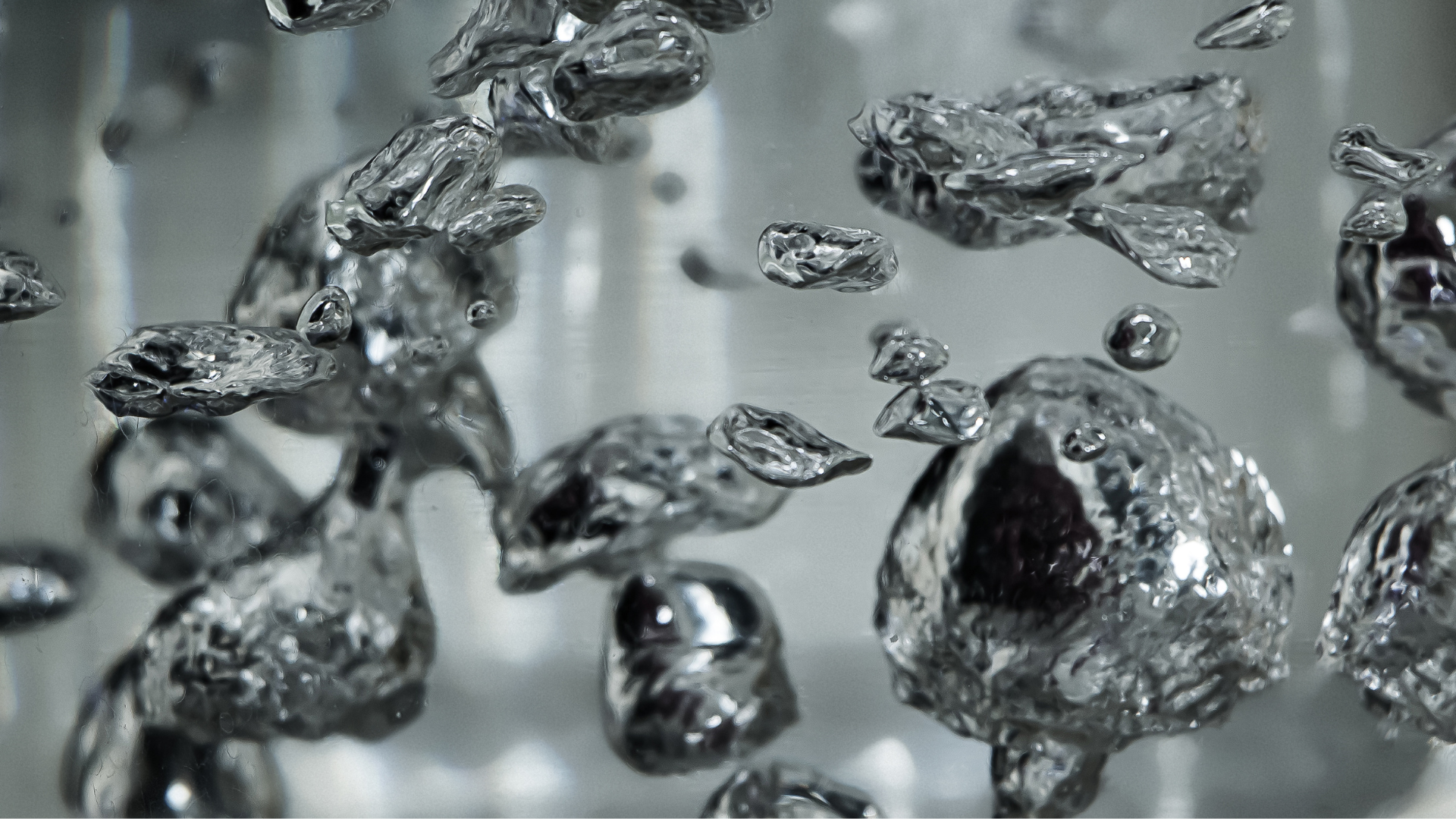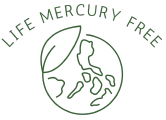Mercury is an extremely toxic metal that poses adverse effects when the use of products containing it is excessive and indiscriminate. It is found in many everyday items, such as thermometers, fluorescent lamps, and electronic devices. Irresponsible disposal or destruction of these objects leads to the release of mercury into our environment, with serious and often irreversible consequences for human health. Mercury also serves as a source of environmental pollution, burdening water and soil and affecting aquatic life. Understanding these impacts and adapting practices to reduce usage and ensure proper disposal is essential for maintaining a healthy environment and protecting human health.
In this context, a significant virtual conference titled “Mercury-Free City: Danger in our Homes” took place on June 22, bringing together experts and organizations with knowledge and experience in related issues. The conference focused on raising awareness about the dangers associated with the use of mercury-containing products and promoting behavior change to create a mercury-free environment. With Innovation Hive contributing to conference coordination and the participation of various organizations and institutions, the event shed light on crucial aspects related to this environmental issue and highlighted strategies for mitigation.
During the conference, Mr. Dimitris Banousis, an Environmental Expert and Representative of the Green Fund, emphasized the role of Financial Programs and the European LIFE Program in supporting initiatives aimed at combating mercury pollution. These funding sources play a crucial role in enabling projects like LIFE MERCURY – FREE to implement effective solutions, conduct research, and promote sustainable practices.
Representatives from the National Polytechnic University of Lviv, Ukraine, presented a study on mercury in environmental education programs. This research provides valuable information on integrating awareness and mitigation strategies for mercury into educational curricula, ensuring that future generations are well-informed and equipped to address this environmental challenge. Another significant aspect covered was the organization of measures for the detection and proper disposal of mercury and mercury-containing waste. Experts shared best practices and guidelines, emphasizing the importance of safe handling and disposal to minimize pollution risks.
The state institution “Regional Center for Disease Control and Prevention of Lviv under the Ministry of Health of Ukraine” highlighted its areas of activity in addressing the issues of this pollution. Describing their efforts, the institution emphasized the commitment of the healthcare sector to mitigate the adverse health effects associated with mercury exposure.
One of the main topics of discussion revolved around practical ways to eliminate mercury, with Rosalia Maria Anastasiadi, PhD, R&D Manager (Wet Products), serving as the main speaker. Simultaneously, conference participants engaged in a workshop, exchanging ideas and effective strategies for reducing mercury use, especially in household products. These discussions aimed to empower individuals and households to take preventive measures for creating a safer living environment.
The virtual conference, drawing interest from participants across various European countries, served as a platform for raising awareness and promoting behavior change regarding mercury pollution. Through the implementation of innovative strategies, the promotion of educational initiatives, and the encouragement of responsible waste management practices, we can safeguard public health and protect the environment from these harmful consequences.




